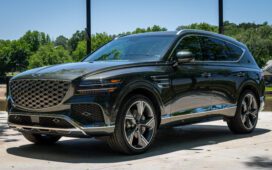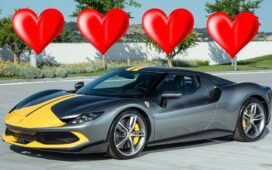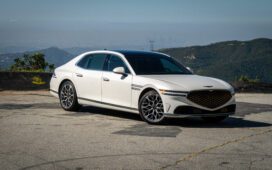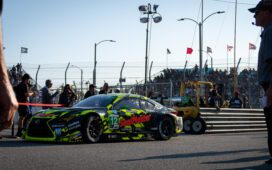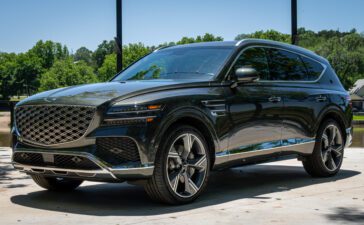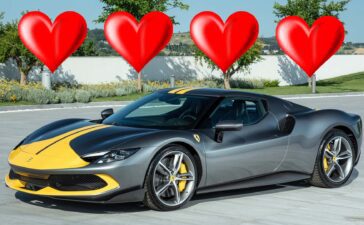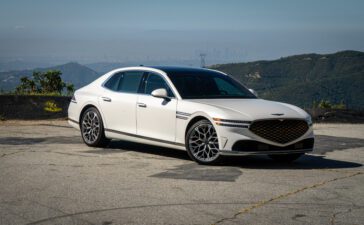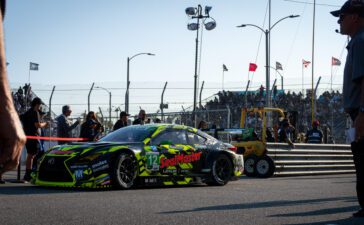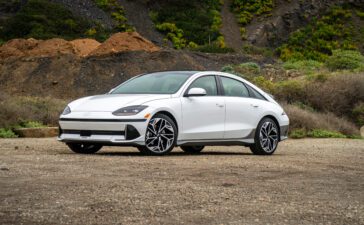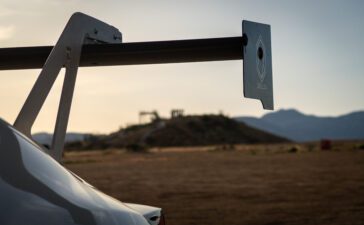Toyota took a lot of flak for its decision to ease into electrification rather than jump in with both feet as so many other automakers have done. While the jury’s still out on whether that path will be the best way to move forward, Toyota said it’s still committed to internal combustion, even as it moves toward a zero-emissions future.
Chairman Akio Toyoda said, “There is still a role for engines as a practical means of achieving carbon neutrality. So, let us refine engine technology.” He noted that gas engines can still be helpful in reducing carbon emissions while retaining the sound and feel that car enthusiasts want.
Toyoda said that battery electric vehicles are not the only way to achieve carbon neutrality and said that companies should have enthusiasm for the cars as they tackle the task of cutting emissions. He also confirmed that Toyota has greenlit new engine development, saying, “You may think, ‘Engines in this day and age?’ It might sound like we are running against the times, but that is not true. This is a necessary step toward the future.”
Toyota has been slower to electrify than others, focusing on hydrogen fuel cells and hybrids as part of its overall strategy. That seems to be wise, at least in the short term, as EV adoption has been slower over the last year than many expect. Toyoda’s view has always been that carbon neutrality cannot come at the cost of social stability and that the people working in Japan’s expansive auto industry cannot be forgotten in the transition.
That attitude has made Toyota an unlikely beacon of performance vehicles at a time when many are pulling back on speed in favor of efficiency. The GR Yaris got a new performance automatic transmission, and the automaker showed a Lexus concept powered by the car’s rowdy three-cylinder engine. On top of that, the company offers a few performance vehicles with manual transmissions, so the brand is far from the rolling appliance maker we once knew.


